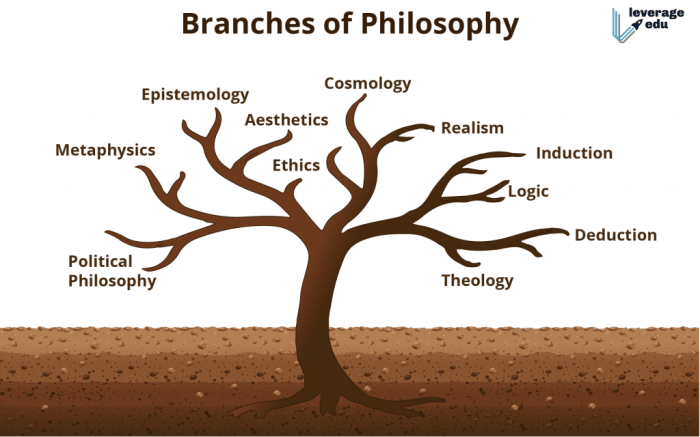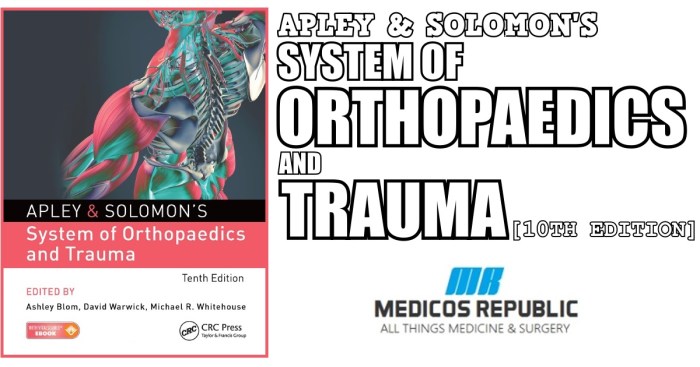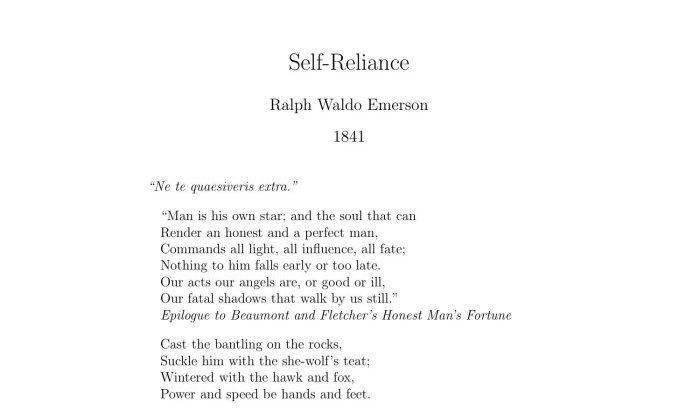The elements of moral philosophy 10th edition pdf free – Delving into The Elements of Moral Philosophy, 10th Edition, readers embark on an intellectual journey that illuminates the intricacies of ethical theories and moral dilemmas. This comprehensive guide provides a profound understanding of the foundations of morality, equipping individuals with the critical thinking skills to navigate complex ethical issues.
As we delve deeper into the realm of moral philosophy, we will explore the various ethical theories that have shaped our understanding of right and wrong. From utilitarianism to Kantianism, we will examine the strengths and weaknesses of each perspective, gaining a nuanced appreciation of their implications for moral decision-making.
1. Introduction: The Elements Of Moral Philosophy 10th Edition Pdf Free

Moral philosophy is the branch of philosophy that seeks to understand the nature of morality. It asks questions about what makes an action right or wrong, and what makes a person good or bad. Moral philosophy is a broad field, and there are many different theories about morality.
The purpose of studying moral philosophy is to develop a better understanding of morality and to make better decisions about how to live our lives. Moral philosophy can help us to identify our values, to understand the reasons for our beliefs, and to make more informed decisions about how to act.
The scope of moral philosophy is vast. It includes questions about the nature of good and evil, the meaning of life, and the purpose of human existence. Moral philosophy also addresses specific issues such as abortion, euthanasia, and animal rights.
2. Ethical Theories

There are many different ethical theories, each with its own unique perspective on morality. Some of the most common ethical theories include:
- Utilitarianism: Utilitarianism is a consequentialist theory that holds that the right action is the one that produces the greatest happiness for the greatest number of people.
- Deontology: Deontology is a non-consequentialist theory that holds that the right action is the one that conforms to a set of moral rules.
- Virtue ethics: Virtue ethics is a theory that focuses on the character of the moral agent. It holds that the right action is the one that is performed by a virtuous person.
Each of these ethical theories has its own strengths and weaknesses. Utilitarianism is a very appealing theory because it seems to offer a clear and objective way to determine the right action. However, utilitarianism can sometimes lead to counterintuitive results, such as when it says that it is right to kill one person in order to save five others.
Deontology is a more conservative theory than utilitarianism. It holds that there are certain moral rules that must never be broken, even if doing so would produce a greater good. However, deontology can sometimes be too rigid, and it can lead to situations where it is difficult to know what the right action is.
Virtue ethics is a more holistic theory than utilitarianism or deontology. It focuses on the character of the moral agent, and it holds that the right action is the one that is performed by a virtuous person. However, virtue ethics can be difficult to apply in practice, because it is often difficult to know what virtues are and how to develop them.
3. Moral Dilemmas
Moral dilemmas are situations in which there is no clear right or wrong answer. They often involve conflicting values, and they can be very difficult to resolve.
There are many different ways to identify moral dilemmas. One way is to look for situations in which there is a conflict between two or more moral principles. For example, the principle of autonomy says that people have the right to make their own decisions, but the principle of beneficence says that we have a duty to help others.
When these two principles conflict, it can be difficult to know what the right action is.
Another way to identify moral dilemmas is to look for situations in which there is no clear way to achieve a desired outcome. For example, we may want to save the life of a patient, but we may not know whether or not the patient would want to be saved.
In these cases, it can be difficult to know what the right action is.
There are many different ways to resolve moral dilemmas. One way is to use a decision-making framework. A decision-making framework is a set of steps that can help you to identify the relevant factors in a moral dilemma and to weigh the different options.
Another way to resolve moral dilemmas is to consult with others. Talking to friends, family, or a therapist can help you to get different perspectives on a moral dilemma and to make a more informed decision.
4. Applied Ethics
Applied ethics is the branch of moral philosophy that applies ethical theories to real-world problems. It addresses a wide range of issues, including abortion, euthanasia, animal rights, and environmental ethics.
One of the most important areas of applied ethics is bioethics. Bioethics addresses ethical issues related to medicine and healthcare. Some of the most common bioethical issues include:
- The right to life: Do people have a right to life? If so, when does that right begin and end?
- Euthanasia: Is it ethical to help someone to die? If so, under what circumstances?
- Genetic engineering: Is it ethical to alter the human genome? If so, what are the limits?
Another important area of applied ethics is environmental ethics. Environmental ethics addresses ethical issues related to the environment and our relationship to it. Some of the most common environmental ethical issues include:
- The value of nature: What is the value of nature? Is it something that we should protect for its own sake?
- Pollution: Is it ethical to pollute the environment? If so, how much pollution is acceptable?
- Climate change: Is it ethical to contribute to climate change? If so, what are our responsibilities to future generations?
5. History of Moral Philosophy
The history of moral philosophy can be divided into three main periods:
- Ancient moral philosophy: Ancient moral philosophy began in Greece in the 6th century BC. The most important ancient moral philosophers include Socrates, Plato, and Aristotle.
- Medieval moral philosophy: Medieval moral philosophy began in the 5th century AD. The most important medieval moral philosophers include Augustine of Hippo and Thomas Aquinas.
- Modern moral philosophy: Modern moral philosophy began in the 17th century. The most important modern moral philosophers include Immanuel Kant and John Stuart Mill.
Ancient moral philosophy was primarily concerned with the question of how to live a good life. Medieval moral philosophy was primarily concerned with the question of how to achieve salvation. Modern moral philosophy has been concerned with a wide range of questions, including the nature of morality, the meaning of life, and the purpose of human existence.
The history of moral philosophy is a rich and complex one. It is a history of ideas that have shaped our understanding of ourselves and our world.
Detailed FAQs
What is the purpose of studying moral philosophy?
Moral philosophy provides a framework for understanding the nature of morality, developing ethical reasoning skills, and critically evaluating moral issues.
How can I identify moral dilemmas?
Moral dilemmas arise when individuals face conflicting moral obligations or values, often involving difficult choices with no clear right or wrong answer.
What are the different areas of applied ethics?
Applied ethics encompasses various fields, including biomedical ethics, environmental ethics, business ethics, and social justice, addressing ethical issues in specific contexts.

